British Museum | 18 May – 8 October 2023
China's Hidden Century
In a global first, the resilience and innovation of 19th-century China is revealed in a major new exhibition. The exhibition is underpinned by a four-year research project supported by the Arts and Humanities Research Council, and led by the British Museum and London University, in collaboration with over 100 scholars from 14 countries.
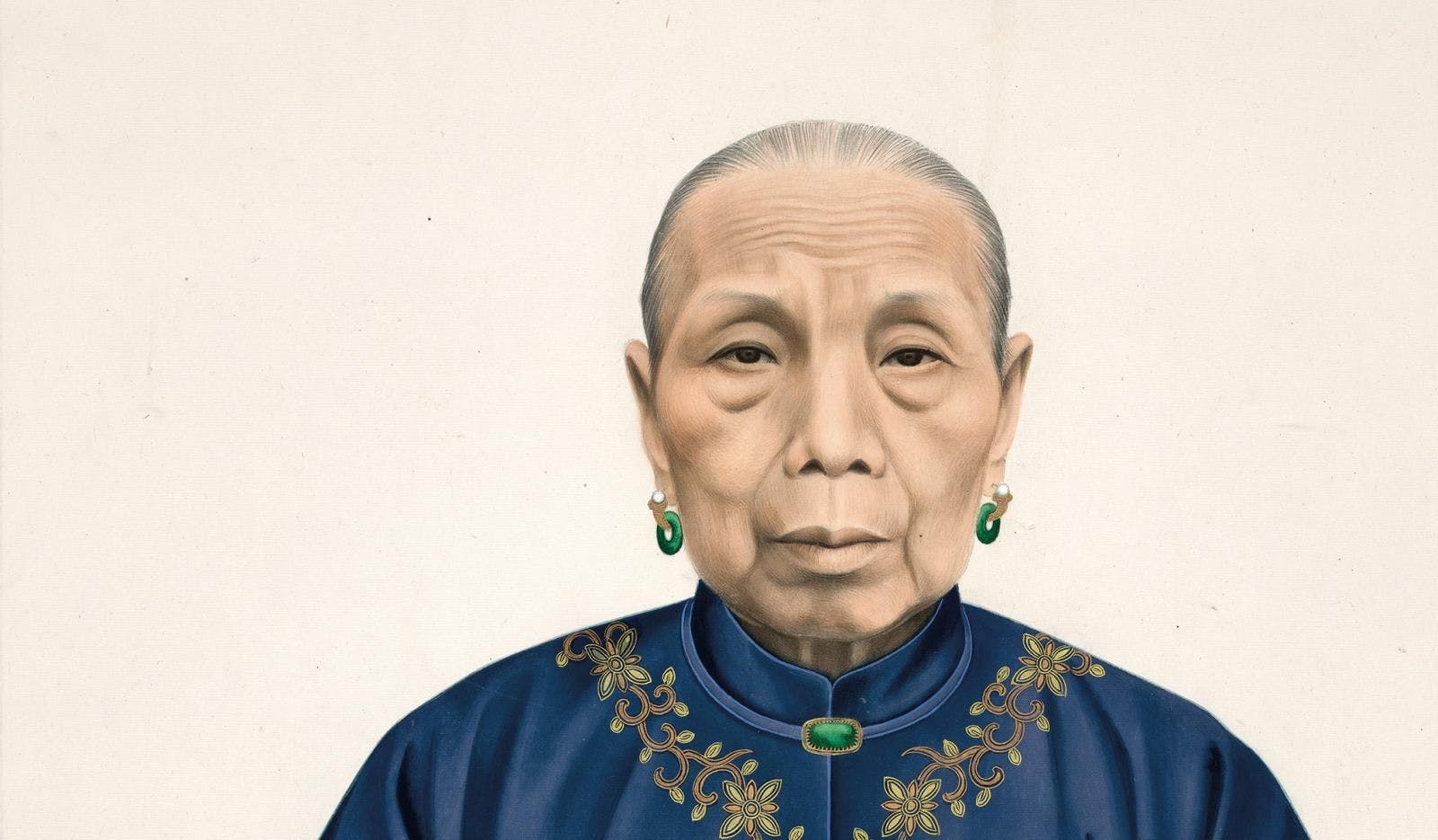
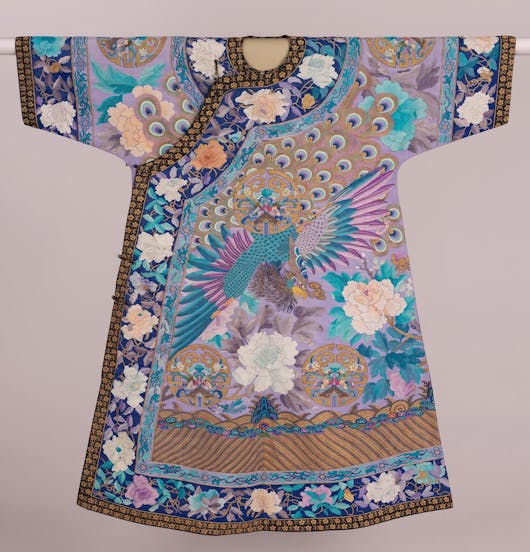
In a global first, the resilience and innovation of 19th-century China is revealed in a major new exhibition.
Between 1796 and 1912 Qing China endured numerous civil uprisings and foreign wars, with revolution ultimately bringing an end to some 2,000 years of dynastic rule and giving way to a modern Chinese republic. This period of violence and turmoil was also one of extraordinary creativity, driven by political, cultural and technological change. In the shadow of these events lie stories of remarkable individuals – at court, in armies, in booming cosmopolitan cities and on the global stage.
The exhibition is underpinned by a four-year research project supported by the Arts and Humanities Research Council, and led by the British Museum and London University, in collaboration with over 100 scholars from 14 countries.
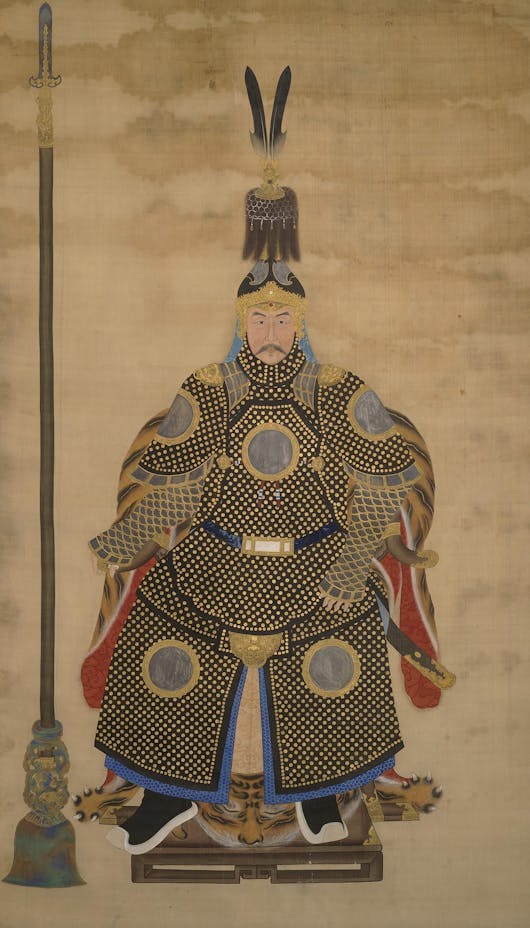
This extraordinary exhibition will open a new page in public understanding of late imperial China.
Exquisite objects are brought together for the first time – from cloisonné vases given by the Last Emperor's court to King George and Queen Mary for their coronation in 1911, to a silk robe commissioned by the Empress Dowager Cixi. The show illuminates the lives of individuals – an empress, a dancer, a soldier, an artist, a housewife, a merchant and a diplomat.
Visitors will glimpse the textures of life in 19th-century China through art, fashion, newspapers, furniture – even soup ingredients. Many people not only survived but thrived in this tumultuous world. New art forms, such as photography and lithographic printing, flourished while technology and transport – the telegraph, electricity, railways – transformed society.
Luxury Fan
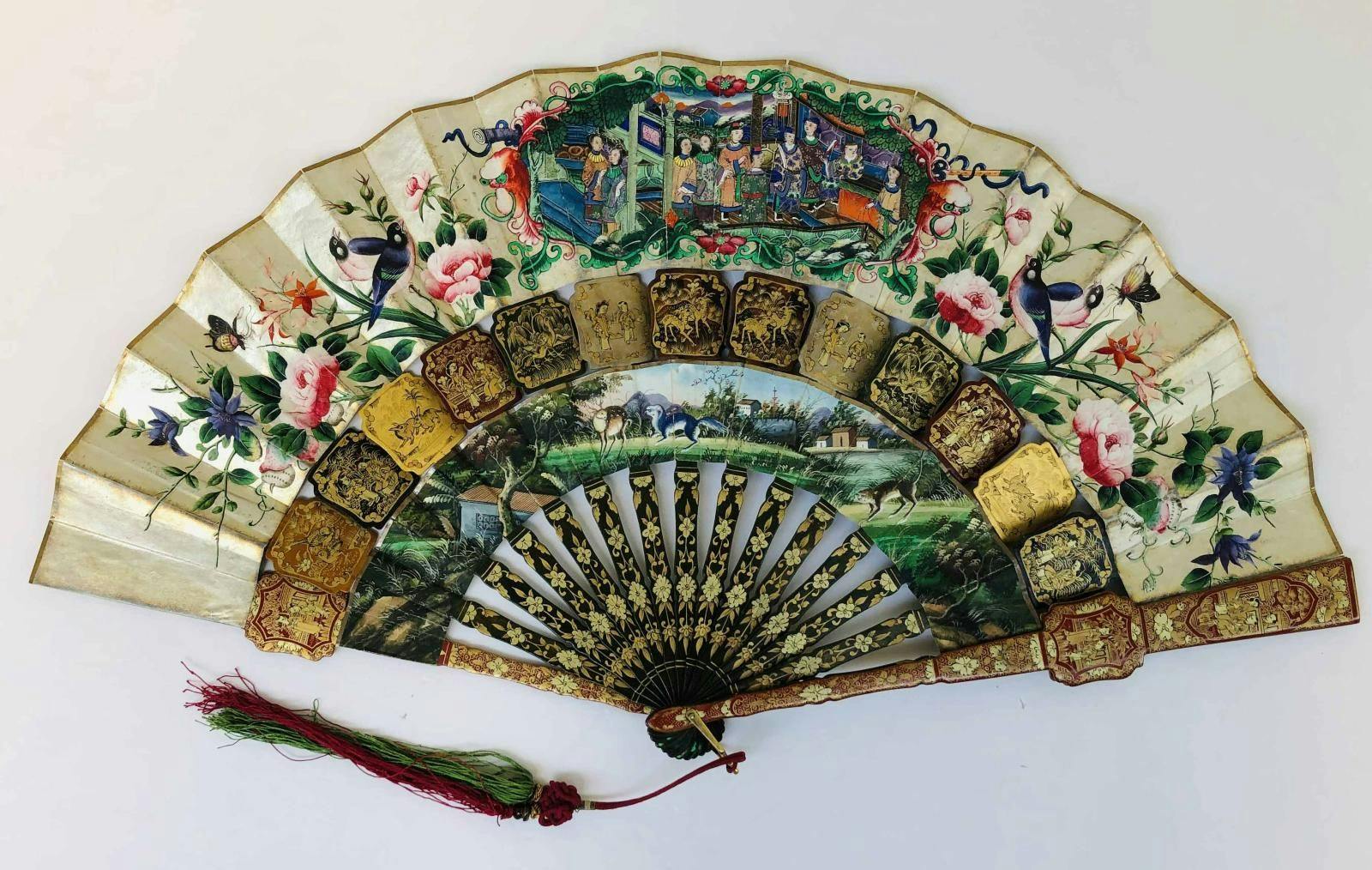
Complete Map of All Under Heaven Unified by the Great Qing, China, about 1800
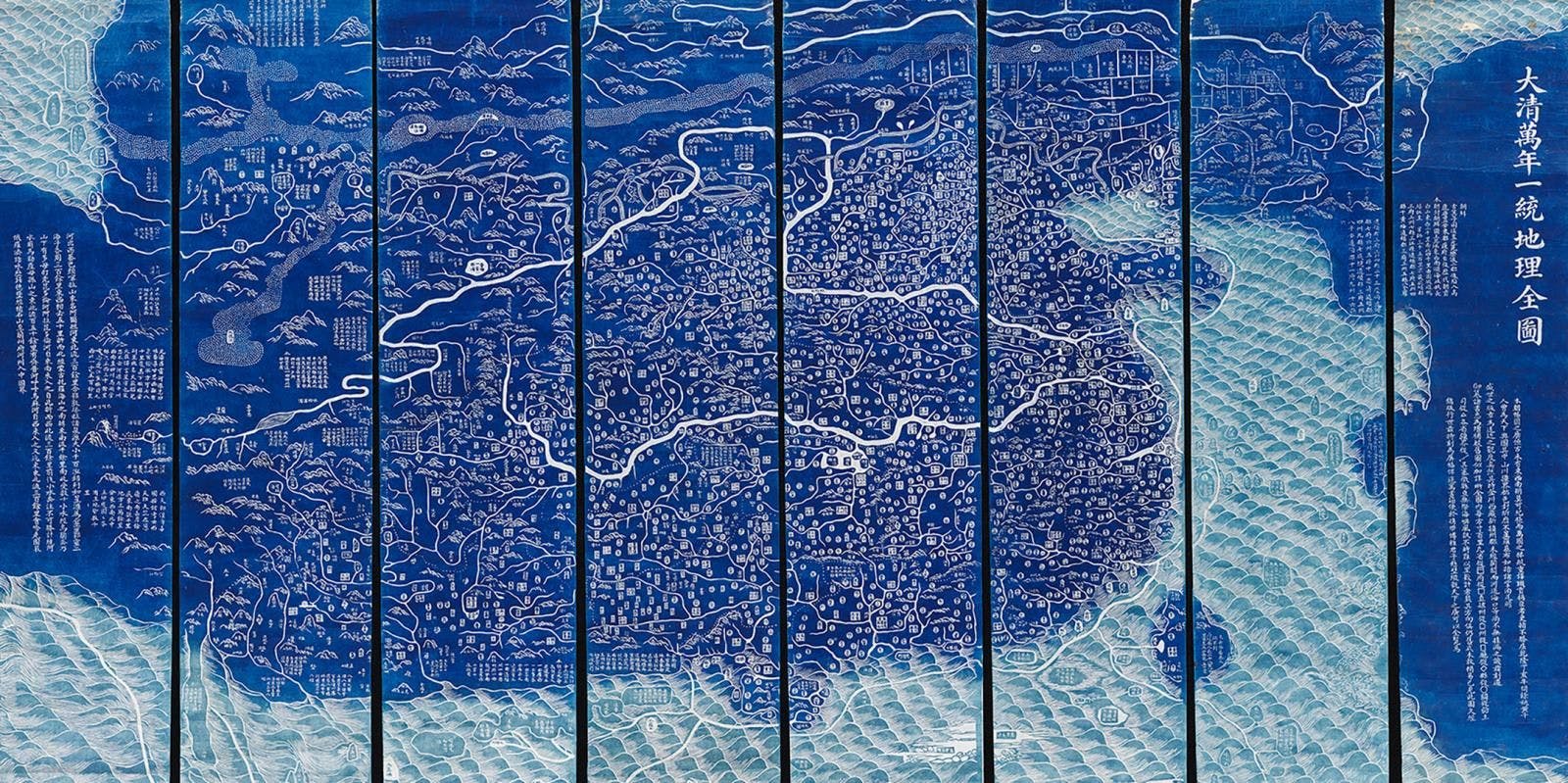
Thank you for enquiring about this artwork. Please enter the form below and we will contact you swiftly.